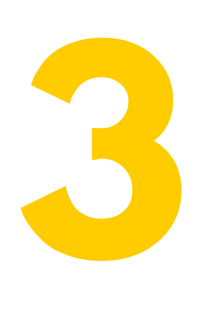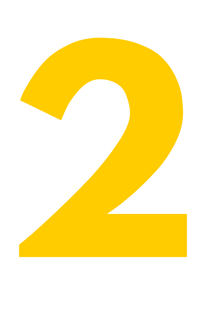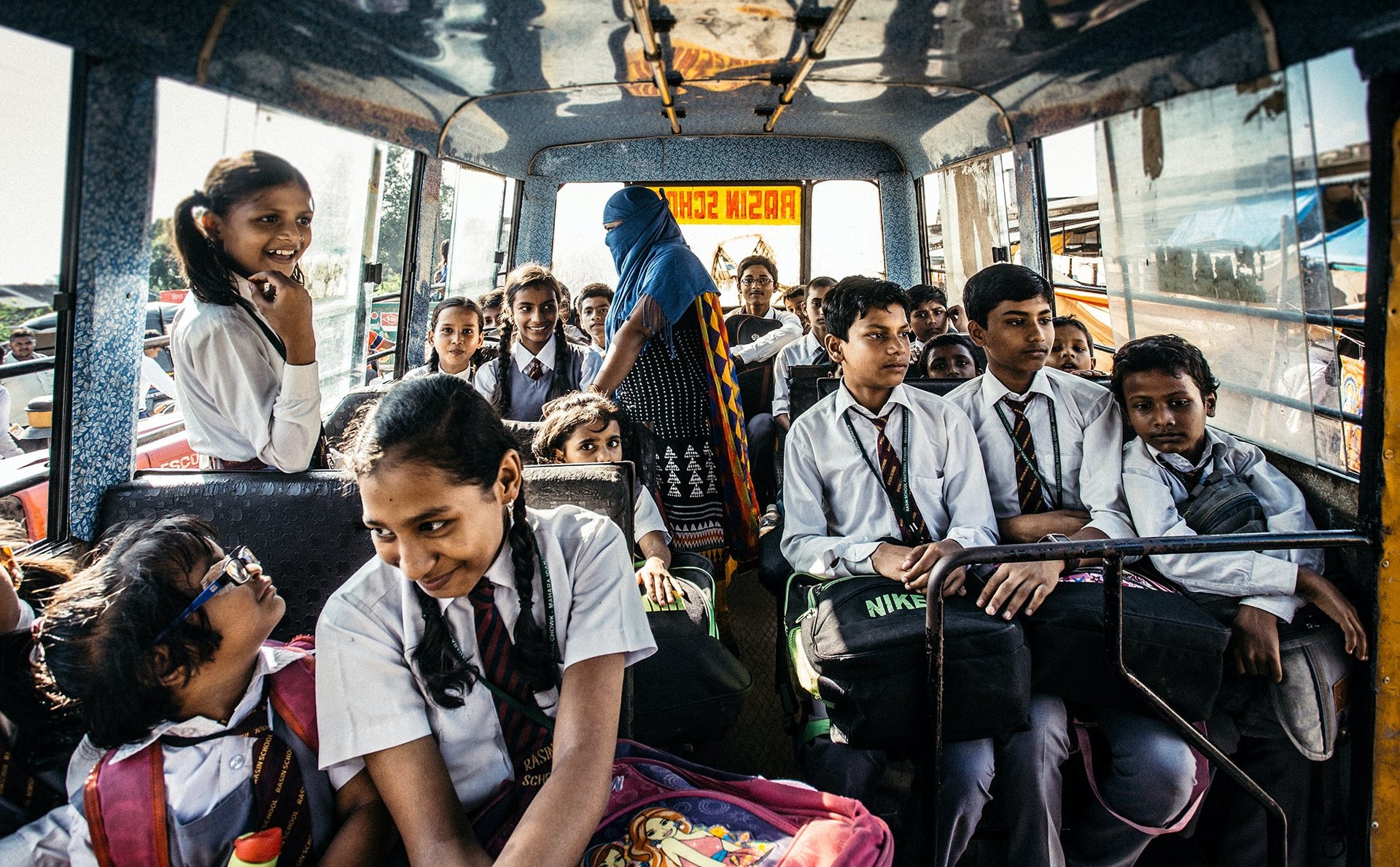
"... discrimination against any person on the basis of disability is a violation of the inherent dignity and worth of the human person..."
- UN Convention on the Rights of Persons with Disabilities (CRPD)
Ad Honorem Smt. Shanaz Begum
The Inclusive Minds Program is an innovative and strategic initiative addressing the critical gaps in identifying and supporting children with Intellectual Disabilities (IDs) within India’s mainstream education system. Through a collaborative framework involving educators, parents, graduate students of psychology and special education, and school administrators, the program strives to create inclusive, equitable, and sustainable learning environments. The three-tiered structure—identification, tailored support, and monitoring—ensures a holistic and impactful approach to addressing systemic challenges.
Beyond benefiting children with IDs, the program provides hands-on experience to graduate students, equipping them with practical tools and methodologies to address real-world educational challenges. By integrating evidence-based practices and fostering stakeholder collaboration, the Inclusive Minds Program aligns with TASK Trust’s mission of promoting education, social upliftment, and systemic transformation.
Inclusive Minds Programme


The rainbow-colored infinity symbol is a popular symbol among autism rights advocates. The colors symbolize the autism spectrum

Approximately 28.6 million people in India live with Intellectual Disabilities (ID)
* Russell, P. S. S., Nagaraj, S.et.al. (2022). Prevalence of intellectual disability in India: A meta-analysis. World journal of clinical pediatrics, 11(2), 206–214.
Introduction
India’s education system continues to grapple with systemic gaps in addressing the needs of children with Intellectual Disabilities (IDs). These gaps result in academic underperformance, social exclusion, and high dropout rates, particularly among children from medium- to low-income households where resources are limited, and disabilities are stigmatized. The Inclusive Minds Program aims to bridge these gaps through a co-creative and evidence-based approach. By empowering educators, parents, and interns, the program envisions a future where every child—regardless of cognitive or learning differences—can thrive academically, socially, and emotionally. This initiative not only supports children but also strengthens the broader educational ecosystem, promoting inclusivity and sustainability.

Improving access to evidence-based mental health services for those with mental disorders is the best approach to address the burden of mental disorders in India*
* Russell, P. S. S., Nagaraj, S.et.al. (2022). Prevalence of intellectual disability in India: A meta-analysis. World journal of clinical pediatrics, 11(2), 206–214.
Program Structure
The Inclusive Minds Program is structured around a three-tiered framework, ensuring a systematic approach to identifying, supporting, and monitoring children with IDs.
Phase One: Identification and Awareness
The foundation of the program lies in early identification and awareness building. Graduate students in psychology and special education receive rigorous training in evidence-based diagnostic tools and frameworks for recognising conditions such as ADHD ( Attention Deficit Hyperactivity Disorder ) , ASD ( Autism Spectrum Disorder) , SpLDs (specific learning disorders e.g., dyslexia, dysgraphia, dyscalculia), processing disorders, behavioural disorder among others.
Awareness workshops for educators, parents, and administrators are designed to dispel myths and reduce stigmas surrounding IDs. These sessions equip stakeholders with the knowledge to recognise and understand diverse learning needs.
Additionally, the program facilitates the development of Individualised Educational Plans (IEPs), collaboratively designed by parents, teachers, and interns. These plans are tailored to address the unique academic, emotional, and behavioural needs of each child. Referral pathways to certified professionals ensure timely diagnosis and intervention.
Phase Two: Support and Accommodation
Once children with IDs are identified, the program transitions to implementing targeted interventions. Graduate interns, under expert mentorship, work with teachers to integrate inclusive practices, such as differentiated instruction, adaptive learning tools, and behavioral interventions, into classrooms. Parental involvement is emphasized through practical guidance and resources for supporting children at home.
The IEPs serve as a roadmap for addressing specific challenges, ensuring that interventions are holistic and aligned across school and home environments. The program also incorporates pull-out sessions where children receive remedial support from trained special educators. These sessions focus on specific concepts and learning techniques, enabling children to achieve benchmarks aligned with both mainstream and individualized assessments.
Phase Three: Monitoring and Evaluation
To ensure the program’s effectiveness and scalability, robust monitoring and evaluation mechanisms are integrated into its framework. Regular assessments track the academic, behavioral, and social progress of students, with baseline and endline evaluations measuring overall impact. Data from these assessments is synthesized into detailed reports, providing actionable insights for refining intervention strategies. The program also advocates for systemic change by using this data to influence educational policies and practices. Regular evaluation cycles ensure that interventions remain adaptive and responsive to emerging needs.







1. For Students:
The program empowers children with Intellectual Disabilities to thrive by improving their academic performance, confidence, emotional resilience, and self-awareness. It helps students gain a clearer understanding of their strengths and limitations, fostering self-appreciation and enabling them to cope with their unique needs. By learning about themselves, students can focus on sustained, productive efforts to mitigate challenges and build on their strengths.
2
2. For Interns:
Graduate psychology and education students benefit from hands-on, practical experience that bridges theory and application. They gain a real-time understanding of the field’s challenges, including the interdisciplinary connections between psychological, social, and economic factors. The program enhances their appreciation for their work by demonstrating the real-world impact of their knowledge. Participants develop essential professional skills, learn to take initiative, and gain exposure to the nuances of applied psychology in inclusive education settings.
2
3. For Schools & Families:
The program equips schools and families with the tools and insights needed to better support children with Intellectual Disabilities. Schools gain the capacity to adopt and sustain inclusive educational practices, leading to better enrollment and reduced emotional and teaching burdens. Teachers gain clarity on students’ strengths and limitations, enabling them to implement tailored pedagogical strategies. For families, the program fosters a deeper understanding of their children’s needs, helping them collaborate effectively with educators and provide meaningful support at home.
Outcomes
Implementation Plan
The program will be implemented in a phased manner:
• Pilot Phase: Launch in select schools in Mysore, focusing on 15–20 students with Intellectual Disabilities. Graduate interns will work closely with educators and families during this phase.
• Scaling Up: Expand to additional schools based on insights from the pilot phase. Develop advocacy materials and impact reports to support policy change and secure funding for broader implementation.
• Refinement: Continuously refine training modules, intervention strategies, and monitoring frameworks based on feedback and evaluation data.



Become a part of the Programme
Join us to make a difference in someone's life
651 E&F Block Kuvempunagar, Mysore 570023 Karnataka India
admin@tasktrust.org | +91 94491 18357
TASK Educational Charitable and Welfare Trust ®
© 2025 TASK Trust
Website by Expresso Designs, Mysore
Reg Number : MYS-4-005190 2014-15
